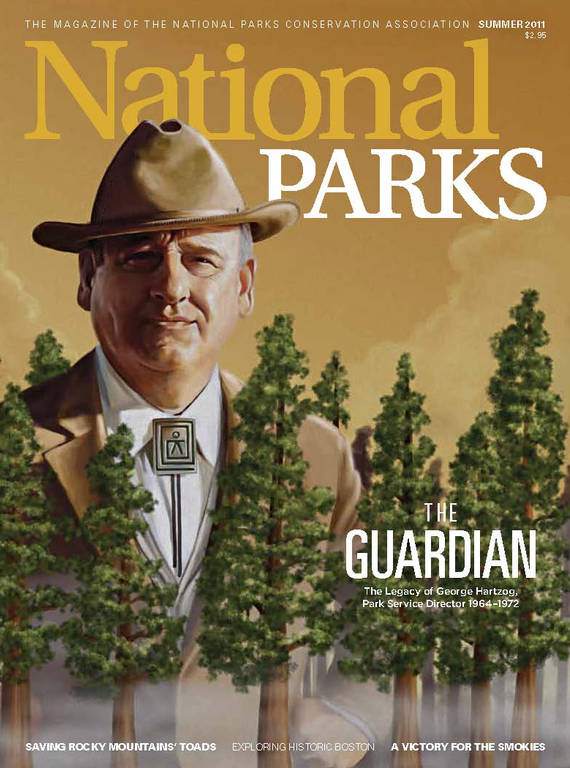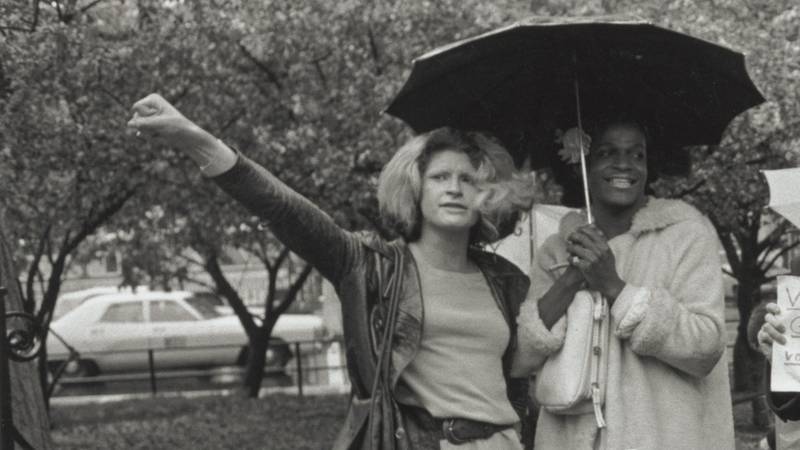Summer 2011
The Face of Freedom
Two potential park units would celebrate Harriet Tubman’s life.
Mention Harriet Tubman, and people will probably recall a woman who was born into slavery, but accomplished some mighty things in her lifetime—like ushering slaves to freedom via the Underground Railroad. But for most Americans, the knowledge stops there. Few know that she was also a nurse, a Union spy, and the first woman to lead an armed expedition in the Civil War. Even fewer know that she was a devout Christian who was beaten by a slave owner when she was a child, suffered epilepsy as a result, and interpreted her seizures—which often played out as vivid dreams and visions—as guiding messages from the Divine.
“In terms of revered Americans, Harriet Tubman rises to the top with the likes of Paul Revere and Betsy Ross,” says Alan Spears, NPCA’s legislative representative. “But like Revere and Ross, she’s also incredibly misunderstood.”
There’s a remedy for that. Last February, senators from Maryland and New York introduced a bill to create two new sites within the National Park System—one on Maryland’s Eastern Shore where Tubman was born, and three buildings in Auburn, New York, where Tubman went to church, ran a refuge for liberated slaves, and made a home for 40 years until her death in 1913. NPCA is encouraging representatives to introduce a companion bill in the House—and quick.
“Time isn’t necessarily on our side,” Spears says. “Like any structure from the 1800s, the buildings in New York need upkeep and maintenance.” And even though the Eastern Shore hasn’t changed much since Tubman’s time thanks to the 25,000-acre Blackwater Wildlife Refuge, development outside its borders could still alter the landscape.
But creating these sites isn’t just about preserving history, or even making Americans smarter. It’s about engaging people who aren’t currently engaged in stories that are important to who they are and where they’ve come from. Like women, whose accomplishments are highlighted in only a handful our 394 park units, and African Americans.
“We’ve just started celebrating the 150th anniversary of the American Civil War, and there’s a great danger that the entire four years will pass and not attract a great deal of African-American interest,” Spears says. “Because when people think about the Civil War, they think about what color uniform a certain unit wore, or what kind of tactics generals used to take this hill or that hill—and if you’re a Civil-War geek like I am, that stuff is fascinating. But for the general public, it can be very trivial, particularly for Black people whose ancestors were slaves. Adding Harriet Tubman sites will help reshape the way Americans think about the Civil War, its root causes, and its lasting consequences, and really help the Park Service create a 21st-century constituency for a 21st-century park system.”
About the author
-
 Amy Leinbach Marquis
Amy Leinbach MarquisAmy Leinbach Marquis is former associate editor at National Parks magazine.



